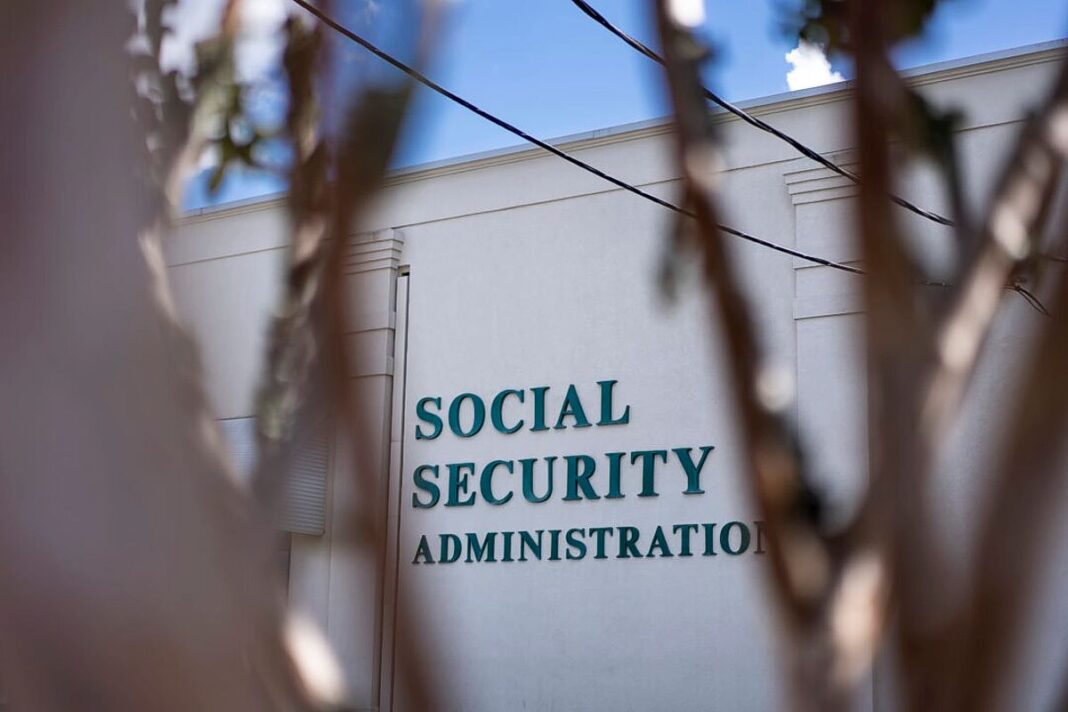Deepseek is a ‘Trojan horse’ sent by the CCP to spy on America, the Montana attorney general said.
Attorneys general from 21 states penned a missive to Congress on March 6, calling on lawmakers to pass the No DeepSeek on Government Devices Act, citing concerns that American users’ data may fall into the hands of the Chinese Communist Party (CCP).
“China is a clear and present danger to the United States,” the 21 attorneys general wrote in the letter addressed to House Speaker Mike Johnson (R-La.), Senate Majority Leader John Thune (R-S.D.), House Minority Leader Hakeem Jeffries (D-N.Y.), and Senate Minority Leader Chuck Schumer (D-N.Y.).
“DeepSeek appears to be another tool for Chinese spies to attack America’s national security,” the attorneys general wrote.
“Given the Chinese desire to steal America’s secrets and the ability of DeepSeek to carry out this theft, Congress should quickly pass legislation to ban DeepSeek on government devices.”
The legislation was introduced to the House on Feb. 6.
Montana Attorney General Austin Knudsen, who led the effort, said in a statement accompanying the letter that DeepSeek should be banned from government devices because it is a “Trojan horse” sent by the CCP to spy on America.
“I have already banned the platform at the Montana Department of Justice because we know DeepSeek is tracking users’ search history, IP addresses, and keystroke patterns then giving that information to the Chinese government,” Knudsen said in a March 6 statement.
Knudsen pointed to a Pew Research Center survey released in July 2023, showing half of the surveyed Americans view communist China as America’s biggest threat.
He referred to Secretary of State Marco Rubio’s comments during his Senate confirmation hearing in January that the Chinese communist regime is “the most potent and dangerous, near-peer adversary this nation has ever confronted.”
The letter was co-signed by the attorneys general of Alabama, Alaska, Arkansas, Florida, Georgia, Iowa, Kentucky, Louisiana, Missouri, Montana, Nebraska, New Hampshire, North Dakota, Ohio, Oklahoma, South Carolina, South Dakota, Tennessee, Texas, Utah, and Virginia.
Australia, South Korea, Taiwan, and the Netherlands have already blocked the chatbot on devices linked to their administrative functions, while Italy has banned it from the country completely.
By Dave Malyon
Read Full Article on TheEpochTimes.com







